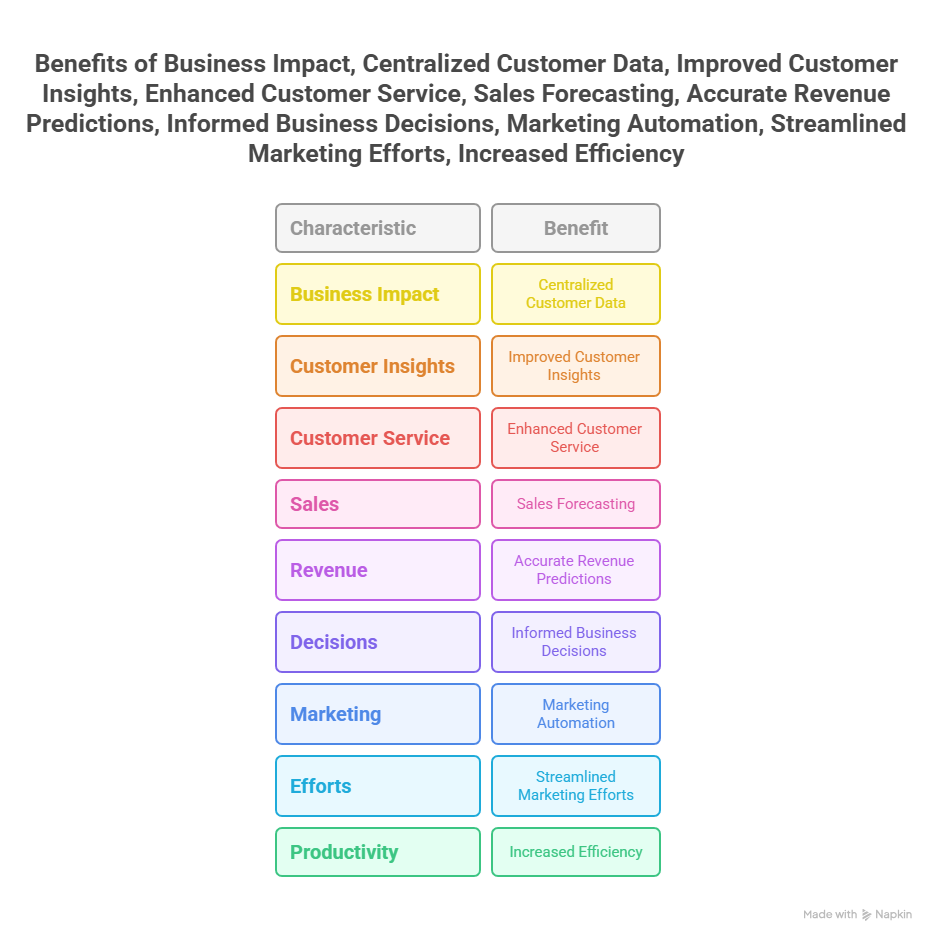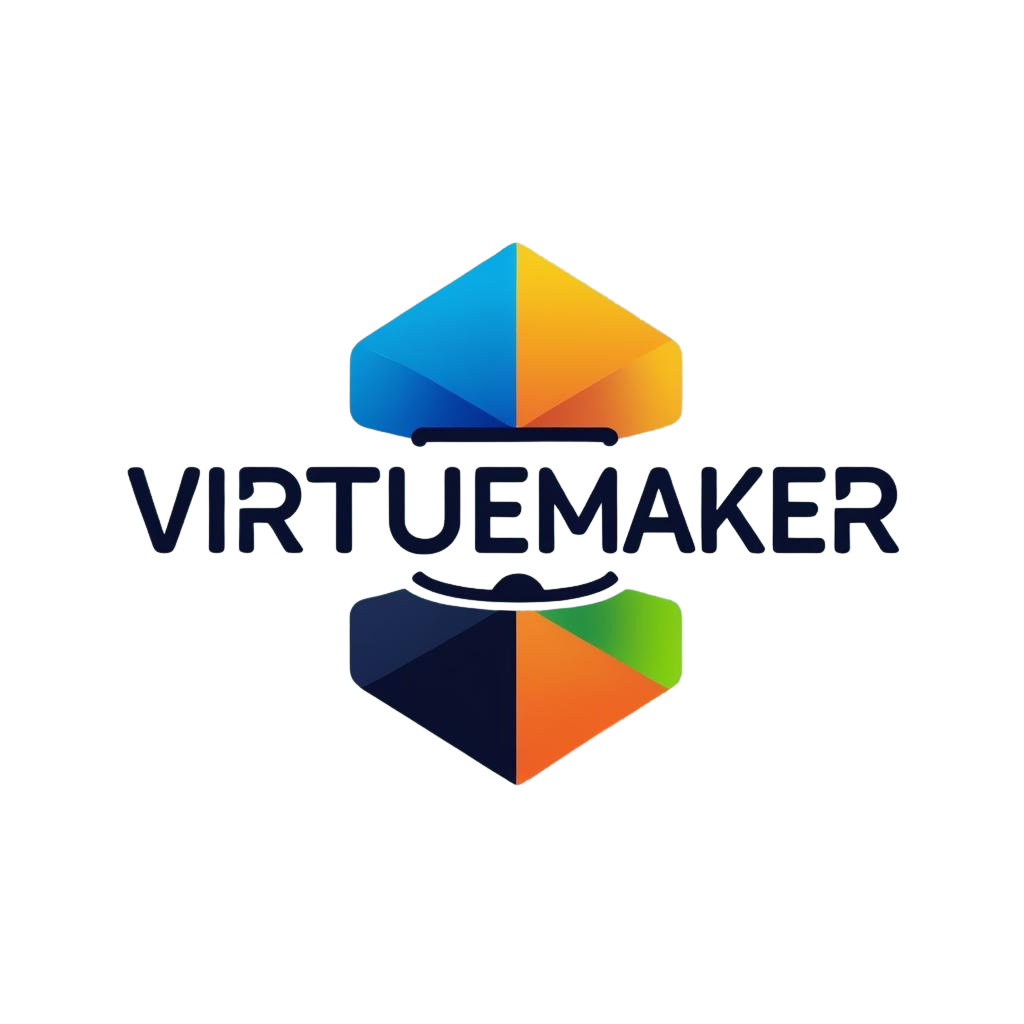Did you know that companies with effective customer relationship management software experience a significant boost in sales and customer satisfaction? In today’s competitive business landscape, large-scale operations require robust tools to manage their complex customer interactions.
Large businesses face unique challenges in maintaining personalized customer relationships while handling a vast customer base. This is where enterprise-grade CRMs come into play, providing a comprehensive solution to streamline customer data, interactions, and sales processes.
By implementing the right enterprise CRM solutions, businesses can enhance customer engagement, improve sales forecasting, and drive growth. In this article, we will explore the importance of enterprise-grade CRMs for large-scale operations and how they can revolutionize customer relationship management.
Understanding Enterprise CRM Needs
Effective customer management is crucial for large-scale businesses, and CRM platforms play a vital role in this process. As companies grow, their customer bases expand, making it challenging to maintain personalized relationships and efficient service.
Challenges of Large-Scale Customer Management
Managing a large customer base comes with several challenges, including data organization, personalized customer service, and efficient issue resolution. Cloud-based CRM systems help alleviate these challenges by providing a centralized platform for customer data management.
How Enterprise CRMs Drive Business Growth
Enterprise CRMs drive business growth by enhancing customer engagement, improving sales forecasting, and streamlining marketing efforts. CRM tools enable businesses to analyze customer behavior, preferences, and interactions, allowing for more targeted and effective marketing strategies.
| CRM Feature | Benefit | Business Impact |
|---|---|---|
| Centralized Customer Data | Improved Customer Insights | Enhanced Customer Service |
| Sales Forecasting | Accurate Revenue Predictions | Informed Business Decisions |
| Marketing Automation | Streamlined Marketing Efforts | Increased Efficiency |

Essential Enterprise CRM Solutions for Modern Businesses
In today’s fast-paced business landscape, enterprises require robust CRM solutions to manage their large-scale operations effectively. Modern businesses demand CRM solutions that can scale with their growth, provide seamless integration with existing systems, and drive business growth.
Scalability and Cloud-Based Infrastructure
A key consideration for enterprise CRM solutions is scalability. Businesses need a CRM that can grow with their operations, handling increased data and user demands. Cloud-based infrastructure is crucial, providing flexibility and scalability to adapt to changing business needs.
Cloud-based CRM solutions also offer reduced infrastructure costs and increased accessibility, enabling businesses to access customer data from anywhere.
Integration Capabilities with Existing Systems
Seamless integration with existing systems is vital for enterprise CRM solutions. Businesses need a CRM that can integrate with their current tools and systems, such as marketing automation, sales automation, and customer service software.
Effective CRM integration enables businesses to streamline processes, eliminate data silos, and gain a unified view of customer interactions.
Implementation Strategies and Best Practices
Implementing a CRM solution requires careful planning and execution. Businesses should develop a comprehensive CRM implementation strategy, including data migration, user training, and change management.
Best practices for CRM implementation include defining clear goals, identifying key stakeholders, and establishing metrics to measure success.
Evaluating Top CRM Vendors and Platforms
With numerous CRM vendors and platforms available, businesses must carefully evaluate their options. Key considerations include the vendor’s reputation, product features, and CRM services offered.
Security and Compliance Considerations
When selecting a CRM solution, businesses must consider security and compliance requirements. This includes data encryption, access controls, and compliance with regulations such as GDPR and HIPAA.
Ensuring the security and compliance of customer data is critical for maintaining trust and avoiding costly fines.
Maximizing Business Potential with Enterprise CRM Solutions
Implementing the right enterprise CRM solutions is crucial for large-scale operations to drive business growth and enhance customer management.
By understanding the challenges of large-scale customer management and leveraging enterprise CRM solutions, businesses can improve scalability, integration capabilities, and overall efficiency.
Top CRM vendors offer a range of solutions that cater to the specific needs of modern businesses, providing the tools necessary to succeed in today’s competitive market.
As businesses move forward in their CRM journey, it’s essential to evaluate and implement the best enterprise CRM solutions that align with their goals and objectives, ultimately maximizing their business potential.
FAQ
What are the key benefits of implementing an enterprise-grade CRM solution for large-scale operations?
Enterprise-grade CRM solutions offer numerous benefits, including enhanced customer insights, improved sales performance, streamlined processes, and better decision-making capabilities. By leveraging these solutions, businesses can drive growth, increase efficiency, and stay competitive in their respective markets.
How do I choose the right CRM platform for my organization?
When selecting a CRM platform, consider factors such as scalability, integration capabilities, user adoption, and security features. It’s essential to evaluate top CRM vendors, assess their implementation strategies, and ensure their solutions align with your business needs and goals.
What is the importance of cloud-based infrastructure in CRM solutions?
Cloud-based infrastructure provides a flexible, scalable, and cost-effective foundation for CRM solutions. It enables businesses to access their CRM systems from anywhere, at any time, and facilitates seamless updates and maintenance, ensuring that the system remains secure and up-to-date.
How can I ensure a successful CRM implementation?
To ensure a successful CRM implementation, develop a clear strategy, define your business requirements, and engage stakeholders across the organization. It’s also crucial to provide comprehensive training to end-users, monitor progress, and continually assess and refine your CRM system to maximize its benefits.
What are the security and compliance considerations for CRM solutions?
When implementing a CRM solution, it’s vital to consider security and compliance requirements, such as data encryption, access controls, and regulatory compliance. Businesses should work closely with their CRM vendor to ensure that their solution meets the necessary standards and adheres to relevant regulations, such as GDPR and HIPAA.
Can CRM solutions integrate with my existing systems and tools?
Most modern CRM solutions offer integration capabilities with a wide range of systems and tools, including marketing automation platforms, customer service software, and ERP systems. When evaluating CRM vendors, assess their integration capabilities and ensure that their solution can seamlessly connect with your existing infrastructure.
How do I evaluate the ROI of my CRM investment?
To evaluate the ROI of your CRM investment, track key performance indicators (KPIs) such as sales growth, customer satisfaction, and process efficiency. Compare these metrics to your pre-CRM implementation baseline, and assess the overall impact of your CRM solution on your business operations and revenue.

